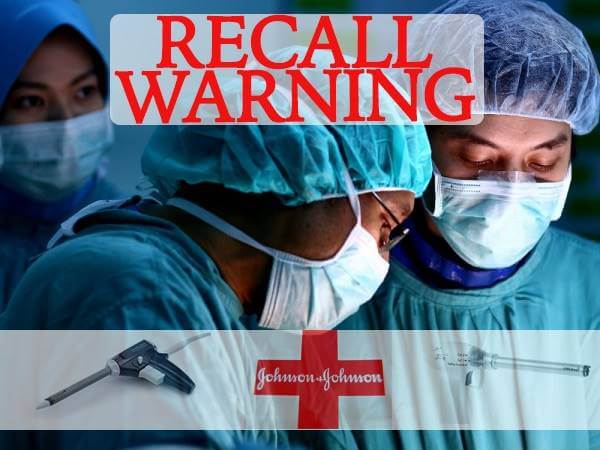FDA Faces Criticism for Failure to Ban Morcellators Amid Cancer Concerns
Women who undergo uterine fibroid removal surgery with power morcellation may be at risk for cancerous cells spreading throughout their bodies.
The Massachusetts couple at the head of the movement to ban power morcellators due to a risk of the devices spreading cancerous cells throughout the body, is blasting the FDA for allegedly planning to allow the potentially dangerous surgical devices to remain on the market. According to an email written by heart surgeon Dr. Hooman Noorchashm and sent to the FDA on November 1, the agency does not actually plan to issue a ban on power morcellators, despite urging doctors earlier this year, to stop using the devices for hysterectomies and uterine fibroid removal surgeries, due to cancer risks. If you have been diagnosed with cancer, and you believe power morcellation to be the cause, contact a knowledgeable power morcellation cancer lawyer today to explore your possible compensation options.
Possible Risks of Power Morcellator Devices
Power morcellators are controversial surgical devices commonly used during hysterectomies and myomectomies (uterine fibroid removal surgeries) to cut up the uterus or tumors, allowing surgeons to remove the tissue through a small incision in the abdomen. The devices are designed to allow for a minimally-invasive surgery, which can reduce recovery time and limit the risk of surgical complications. However, for women with unsuspected sarcoma contained within their uterus, a condition that doctors are unable to diagnose prior to surgery, power morcellation may cause the aggressive cancer to be spread throughout the body, significantly upgrading the disease and reducing the chances of survival.
Power Morcellation May Cause Undiagnosed Cancer to Spread
Dr. Noorchashm and his wife, Dr. Amy Reed, have become strong advocates for a nationwide ban on power morcellators, arguing that the medical devices pose an unreasonable risk of spreading undiagnosed leiomyosarcoma that may be contained within the uterus in some women. The couple sparked a national debate within the medical community about one year ago, when Reed was diagnosed with leiomyosarcoma cancer following a uterine fibroid removal surgery in which power morcellation was used. The FDA has since estimated that approximately one in 350 women who undergo uterine fibroid removal with power morcellation may have unsuspected sarcoma, which could spread during the procedure.
Contact a Power Morcellation Cancer Attorney Today
After urging doctors in April to stop using power morcellators for hysterectomy and myomectomy procedures, the FDA indicated over the summer that there was no safe way to use power morcellation for uterine fibroid removal, stopping short of issuing a nationwide power morcellator recall. Despite these severe risks, Noorchashm says that “reliable sources” have told him that the FDA plans to create a “registry of outcomes” or establish a “probationary period” for power morcellation devices, rather than banning them altogether. If you believe you have been harmed by side effects of power morcellation, our consumer advocates at the Leading Justice can help put you in touch with a reputable attorney who has experience handling power morcellator cancer claims.




